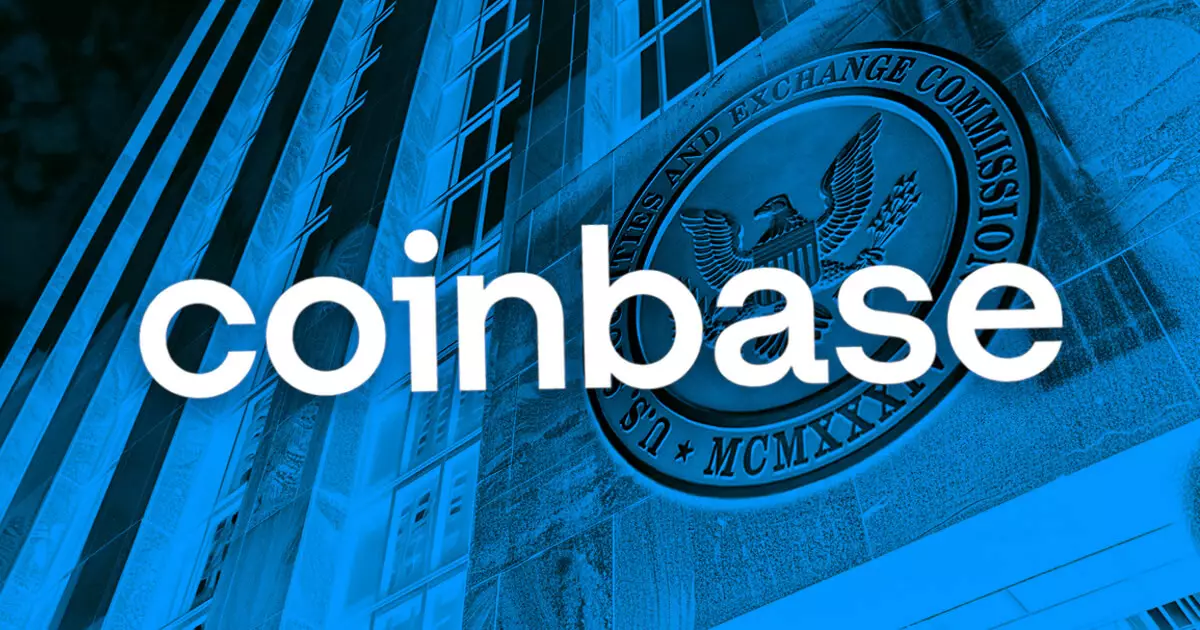The ongoing lawsuit between the U.S. Securities and Exchange Commission (SEC) and cryptocurrency exchange Coinbase has garnered significant attention since its inception in June 2023. The SEC’s allegations assert that Coinbase operated as an unregistered securities broker by offering various digital assets that the regulator classifies as unregistered securities. The implications of this case extend beyond Coinbase, impacting the cryptocurrency landscape in the United States as a whole. Recently, the SEC has sought a substantial four-month extension on the fact discovery stage of the lawsuit—a request that highlights both the complexity of the case and the mounting scrutiny on digital asset regulation.
On September 18, 2023, the SEC filed a letter with Judge Katherine Polk Failla, requesting to extend the current fact discovery deadline from October 18, 2023, to February 18, 2025. The regulatory body justified its request by indicating the need to sift through a considerable volume of documents—more than 133,000 unique files—that are pivotal for building its case against Coinbase. The SEC has already produced “hundreds of thousands” of documents as part of the discovery process, but the sheer scale of the task indicates that the regulator is still grappling with fulfilling court-mandated requirements.
This request for an extension marks a crucial moment in the litigation process, as it signals the SEC’s acknowledgment of the challenges inherent in collecting, organizing, and assessing the myriad documents pertinent to the case. Additionally, both parties have reached an agreement regarding search terms and custodians, yet the SEC has deemed further time necessary to complete its review thoroughly.
Accompanying the extension request is a proposal to amend the Civil Case Management Plan, which would lead to adjustments in all subsequent deadlines by four months. This shift not only allows the SEC more time to prepare its arguments but also influences important future proceedings, including motions and trial preparations. It is essential to consider how this delay may affect Coinbase, as the company has already filed a motion to dismiss the SEC’s claims, arguing that the agency’s interpretation of securities law lacks clarity and is overly expansive.
The mutual agreement between Coinbase and the SEC regarding the extension indicates a rare moment of collaborative negotiation amid a typically adversarial relationship. By consenting to extend the deadline, Coinbase is apparently looking to strategically position itself within the legal landscape, allowing it more time to construct a robust defense against the SEC’s sweeping allegations.
At the heart of this lawsuit is the Howey Test, an established legal framework used to determine whether certain assets qualify as securities. Coinbase contends that the digital assets traded on its platform do not meet the criteria outlined in the Howey Test, thus challenging the SEC’s authority and interpretation of securities regulation in the context of cryptocurrencies. This ongoing battle raises critical questions regarding regulatory clarity and the need for definitive guidelines for digital assets, which remain a gray area in federal law.
Coinbase’s argument that the SEC has failed to clarify which digital assets fall within its regulatory purview underscores the tension between innovation in the cryptocurrency space and existing legal frameworks. The outcome of this litigation will likely shape the future of digital asset regulation in the U.S., influencing how the law perceives cryptocurrencies and their classifications.
As both parties navigate the complexities of this case, the litigation signals a pivotal moment in the evolving landscape of cryptocurrency regulation in the United States. The SEC’s request for a four-month extension not only reflects the extensive work needed to prepare for court but also emphasizes the high stakes involved for Coinbase and the broader industry. A ruling in this case could pave the way for significant regulatory changes and set precedents that resonate throughout the crypto economy. Stakeholders, including other exchanges and digital asset investors, will surely be watching closely as this groundbreaking legal battle unfolds.

